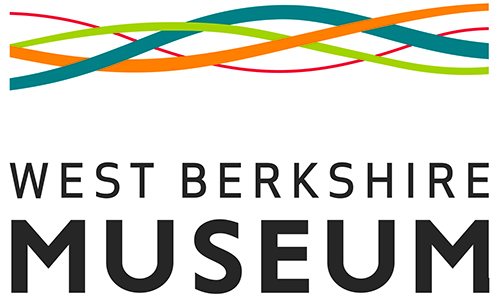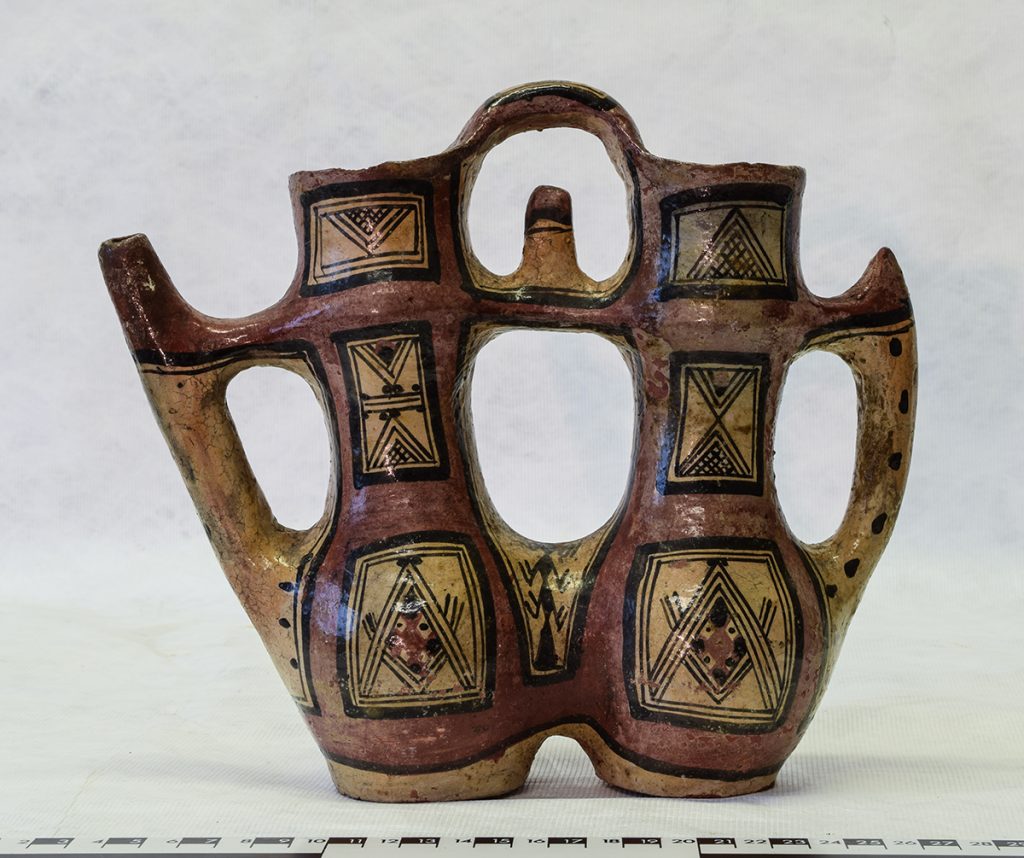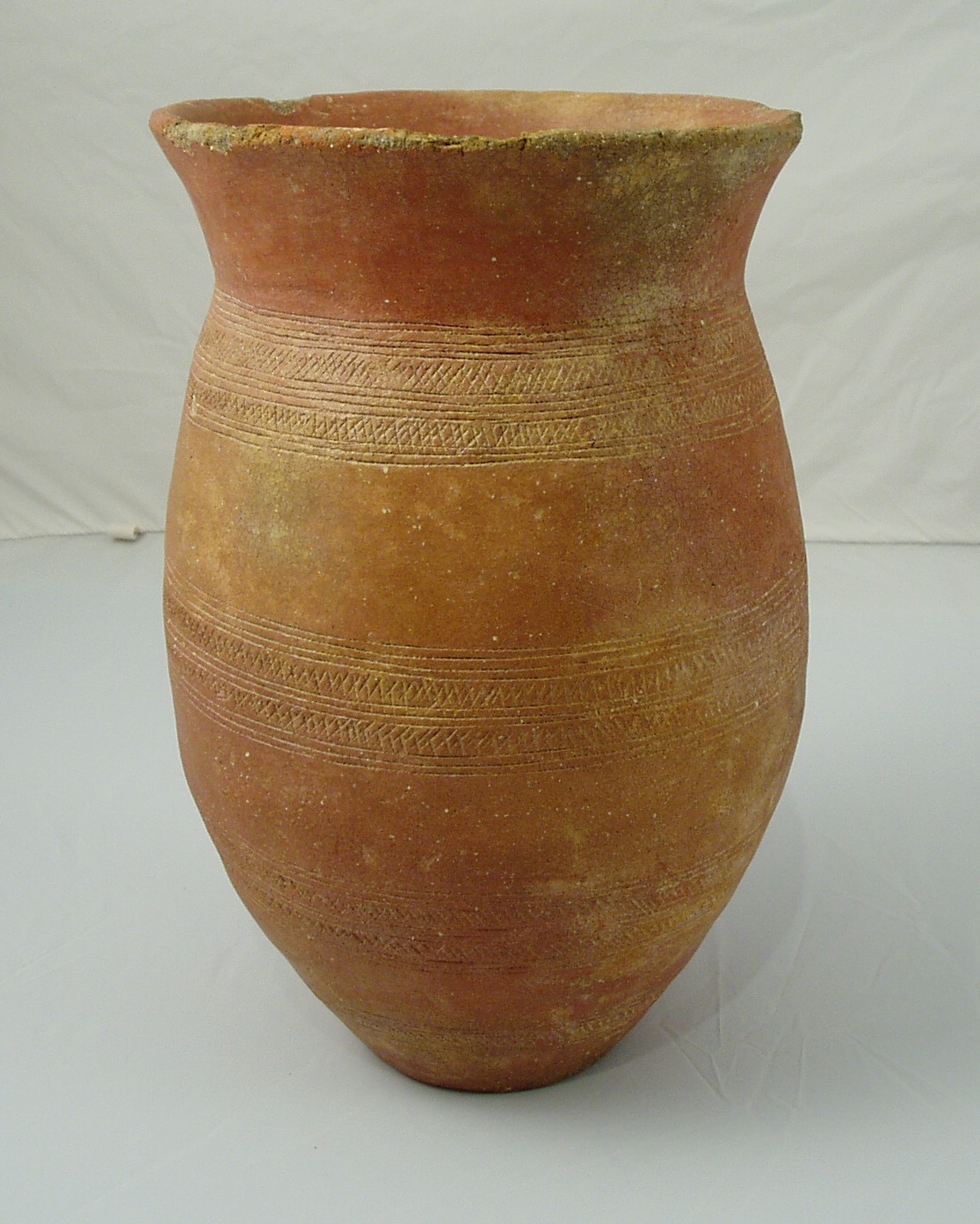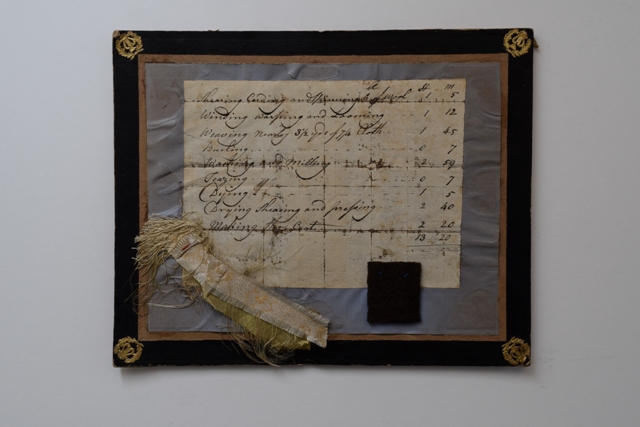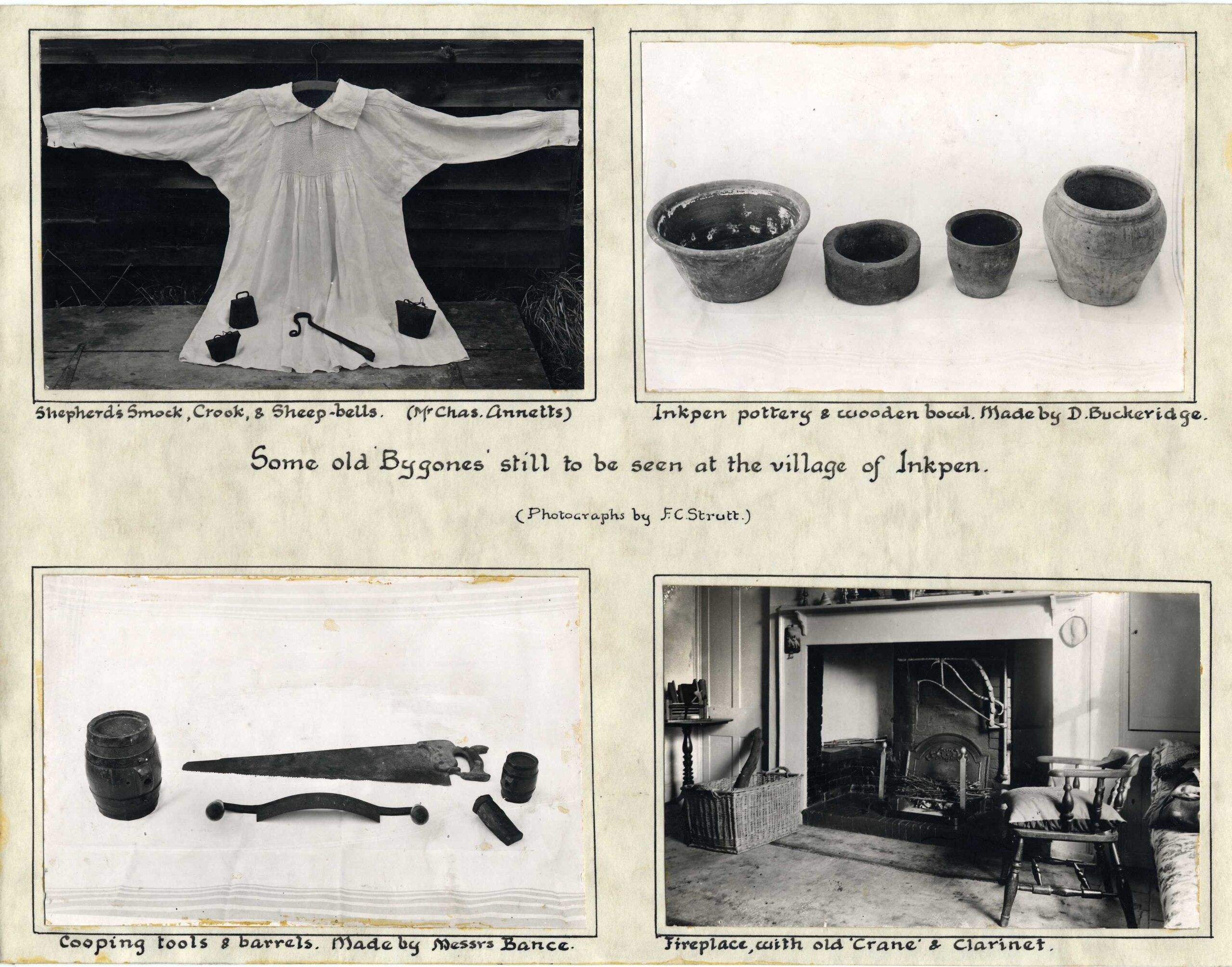Decorative Kabyle pottery. The Kabyles are a Berber group of people from Kabylia located in Northern Algeria, North Africa. For over 200 years the Kabyle people have made earthenware pottery from locally sourced clay. They are made for both domestic (food and drink) and ceremonial purposes. The clay would have been shaped by hand and before firing would have been decorated with kaolin clay, coloured oxides and liquid clay (slips). Designs are usually applied in blocks of red and white overlaid with geometric designs.
West Berkshire Museum holds objects that have been collected from around the world. These objects were largely compiled by Harold Peake, Honorary Curator of the Museum between 1909 and 1946, who was best known as an archaeologist and anthropologist. Peake travelled for his research and purchased objects to bring back, often focussing on his interests in India, Europe and the Middle East. He also purchased objects from other museums and dealers, and sold pieces from the ‘Newbury Museum’ in order to build a large collection from around the world; a comparative historic world collection that would illustrate the history of civilisation. This is not how museums build and manage collections today, although it was common practice during Peake’s time.
The Museum also has donations and transfers of objects from other museums that have connections to Ancient Egypt and the tourist trade in Africa, America and Asia. The Museum also holds objects relating to military campaigns such as the Boer War, the Anglo-Ashanti Wars and the First and Second World Wars that can tell layered and meaningful histories of our colonial past.
Period: Pre-1912
Place: Northern Algeria
